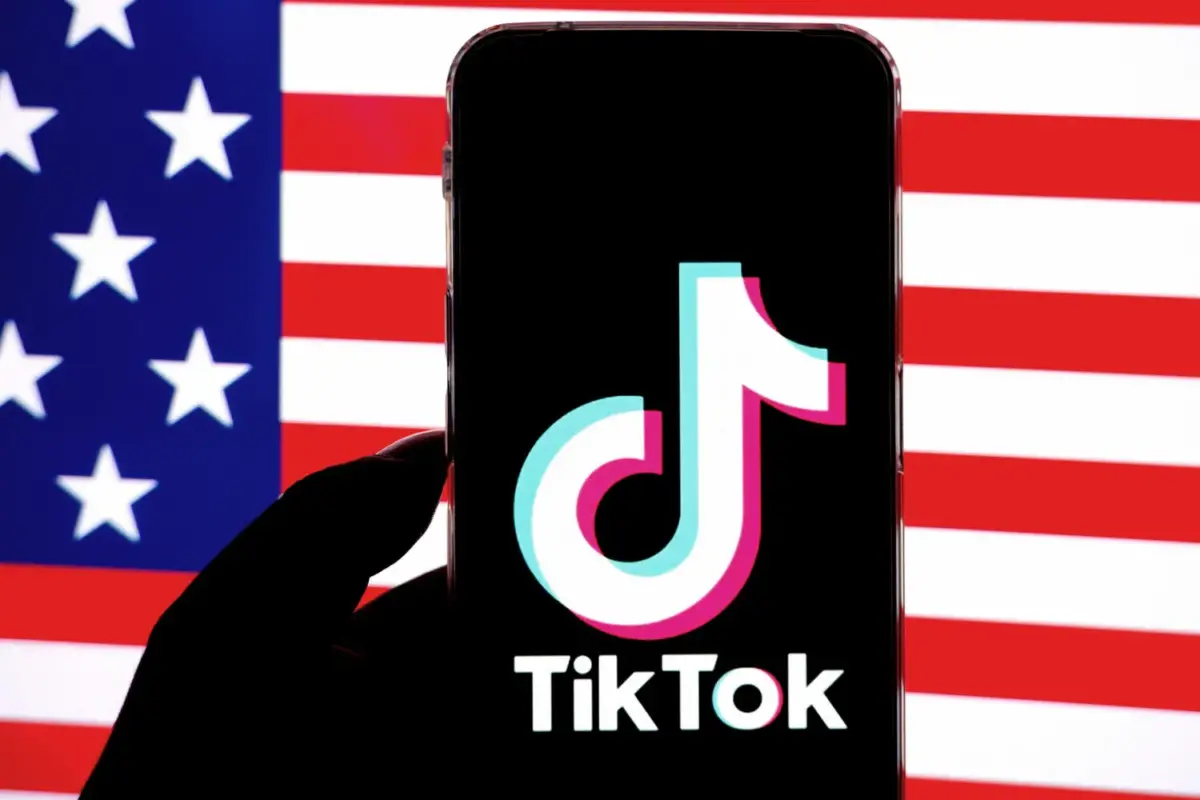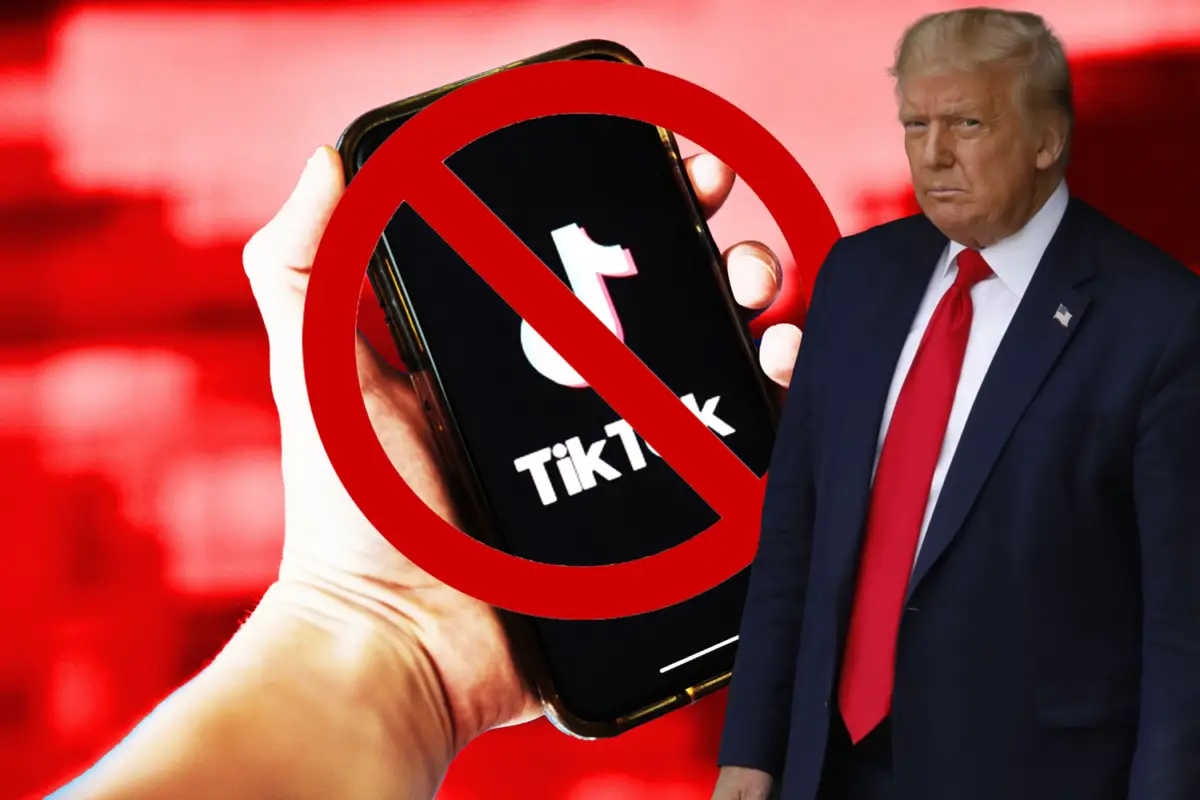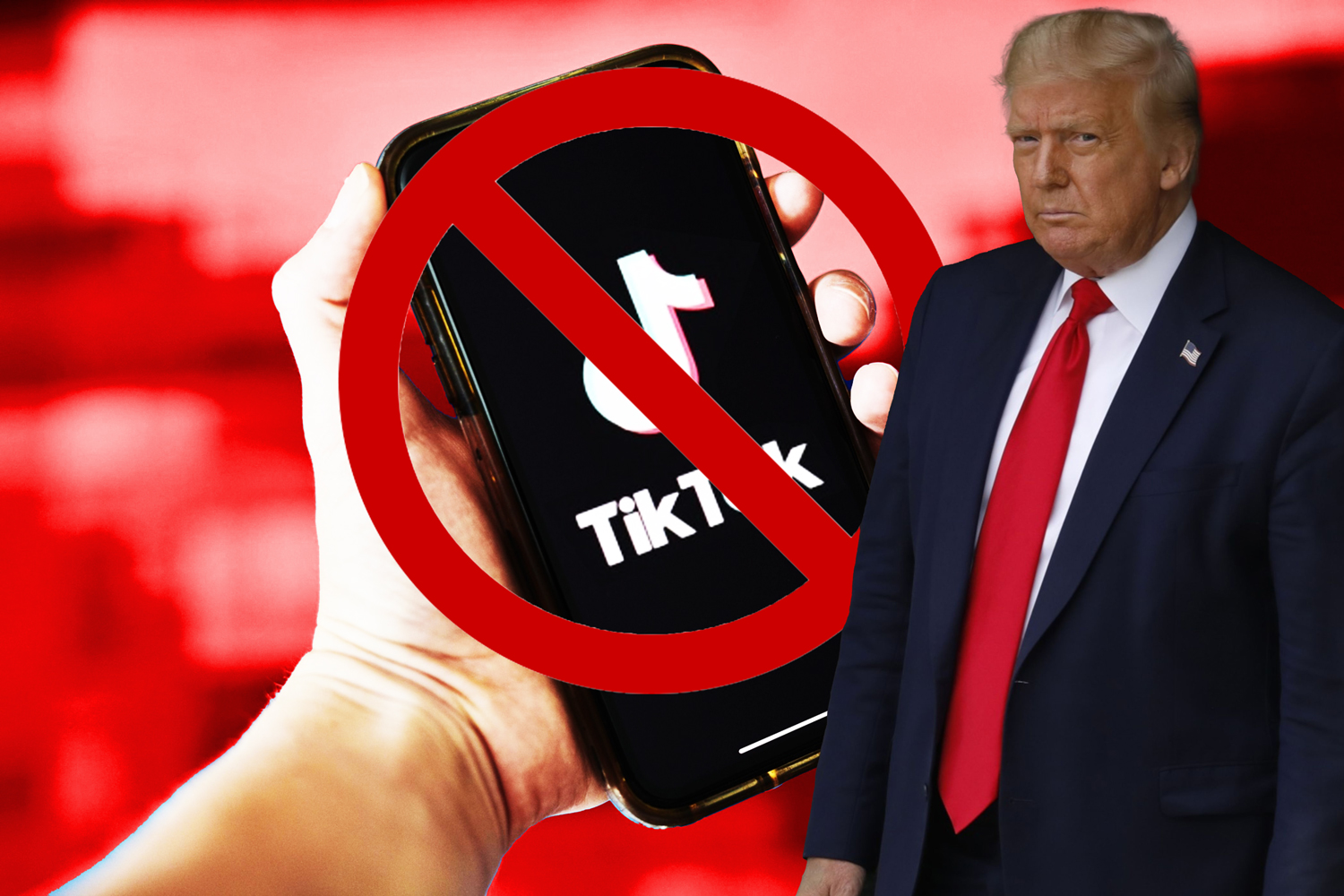This article will explore what’s the latest situation on the TikTok ban issue and Why it is happening now.

What made the US ban TikTok?
TikTok is facing concerns from both the Federal Communications Commission and the FBI due to fears that its parent company, ByteDance, could share user data with the Chinese government. China’s national security law of 2017 requires companies to provide personal data to the government upon request, adding to the unease around TikTok’s data collection practices.
In December, four ByteDance employees were terminated for inappropriately accessing data on two journalists from Buzzfeed News and The Financial Times. This further heightened concerns over the app’s data privacy and security.
Moreover, there are worries about TikTok’s impact on teenagers’ mental health, with researchers from the nonprofit Center for Countering Digital Hate reporting in December that eating disorder content on the platform had received over 13.2 billion views. Pew Research Center data shows that approximately two-thirds of U.S. teenagers use TikTok, making this an important issue.

Attempts to ban TikTok
Former President Donald Trump’s administration attempted to force ByteDance to sell its U.S. assets and ban TikTok from app stores in 2020. However, these efforts were blocked by the courts, and President Joe Biden later rescinded Trump’s orders while calling for a thorough investigation.
House Republicans plan to introduce a bill that would grant President Biden the authority to ban TikTok throughout the country. However, civil liberties organizations have pushed back against this proposal, stating that such a ban would be unconstitutional and could result in the prohibition of many other businesses and applications. The American Civil Liberties Union sent a letter to Rep. Mike McCaul and Rep. Gregory Meeks expressing these concerns.
Reactions to TikTok ban
TikTok CEO Shou Zi Chew stated before the U.S. House Committee on Energy and Commerce that ByteDance is not working as an agent for China or any other country. He mentioned that they have been working transparently and cooperatively with the U.S. government and Oracle to address concerns about TikTok’s heritage.
According to Trevor Boffone’s 2022 book “TikTok Cultures in the United States,” TikTok has become ingrained in U.S. culture, with stores like Trader Joe’s featuring an “as seen on TikTok” section, and Barnes & Noble dedicating tables to #BookTok. Additionally, TikTok has a significant influence on the music industry, as trending songs on the platform often become chart-toppers.
In a 2022 report, Pew’s Katerina Eva Matsa noted that in just two years, the share of U.S. adults who say they regularly get news from TikTok has tripled from 3% in 2020 to 10% in 2022. She also highlighted that TikTok has become increasingly popular among teens and young adults, with two-thirds of U.S. teens using the platform in some way.
TikTok’s official account shared a message from CEO Shou Chew thanking the community of 150 million Americans ahead of his congressional hearing.
Ultimately, the debate around TikTok and data privacy highlights the need for a comprehensive approach to protecting user data and balancing national security concerns with individual privacy rights.
Countries that banned TikTok
The increasing concerns over the potential misuse of user data by the Chinese government have led to the banning of the popular social media app, TikTok, in several countries. The United Kingdom, Belgium, Denmark, and the European Union are some of the nations that have restricted the use of the app on government-related devices over fears of cybersecurity risks and potential espionage.
The United States, one of the largest markets for TikTok, has also taken a strong stance against the app. The Biden administration has given government agencies 30 days to delete the app from federal devices and systems. The US government has also threatened to ban TikTok across the country if the social media company’s Chinese owners do not divest their stakes in it.
India was one of the first countries to ban TikTok in 2020 after a border clash with China. The Indian government had cited the apps as “prejudicial to sovereignty and integrity of India, defence of India, security of the state and public order.” Other countries like Canada, Taiwan, Pakistan, and Afghanistan have also temporarily or permanently banned the app over concerns about data privacy, security, and content.
While some experts believe that TikTok poses a genuine threat to national security, others argue that the concerns are overblown, and the app is being unfairly targeted. They call for a broader approach to data privacy that targets all companies and not just TikTok. However, with geopolitical tensions running high and concerns over foreign interference and espionage growing, it is unlikely that the controversy surrounding TikTok will subside anytime soon.
More entertainment news:

